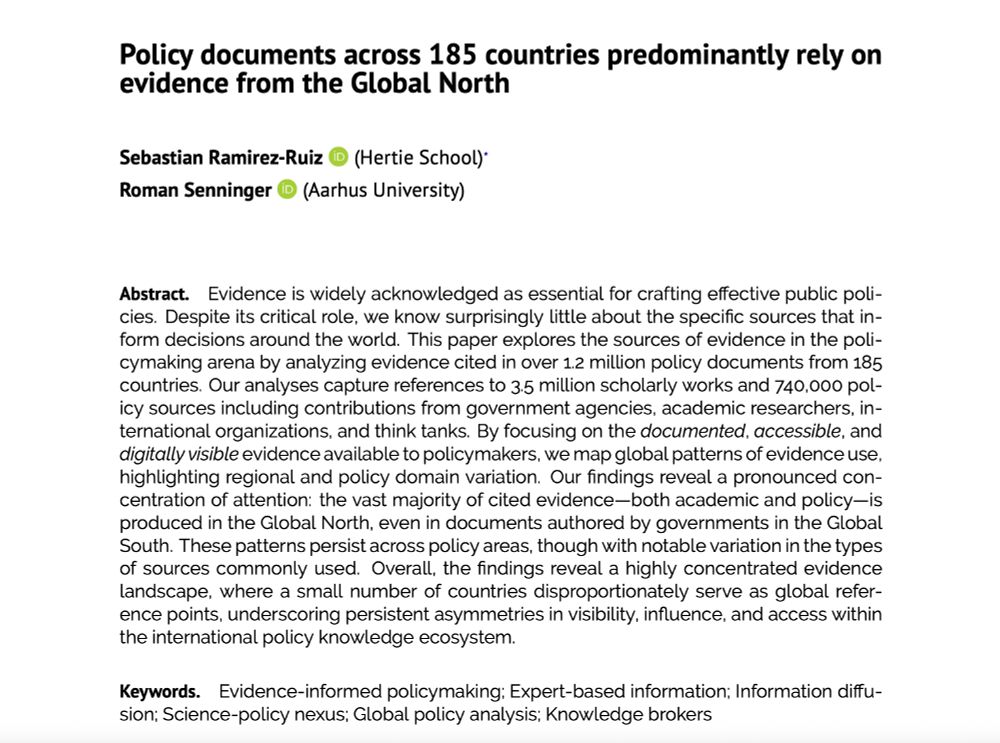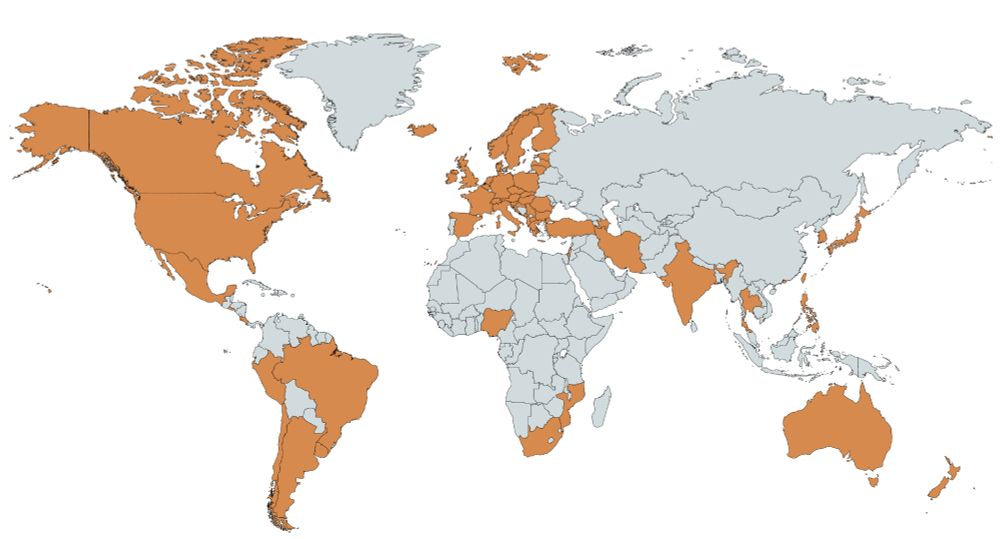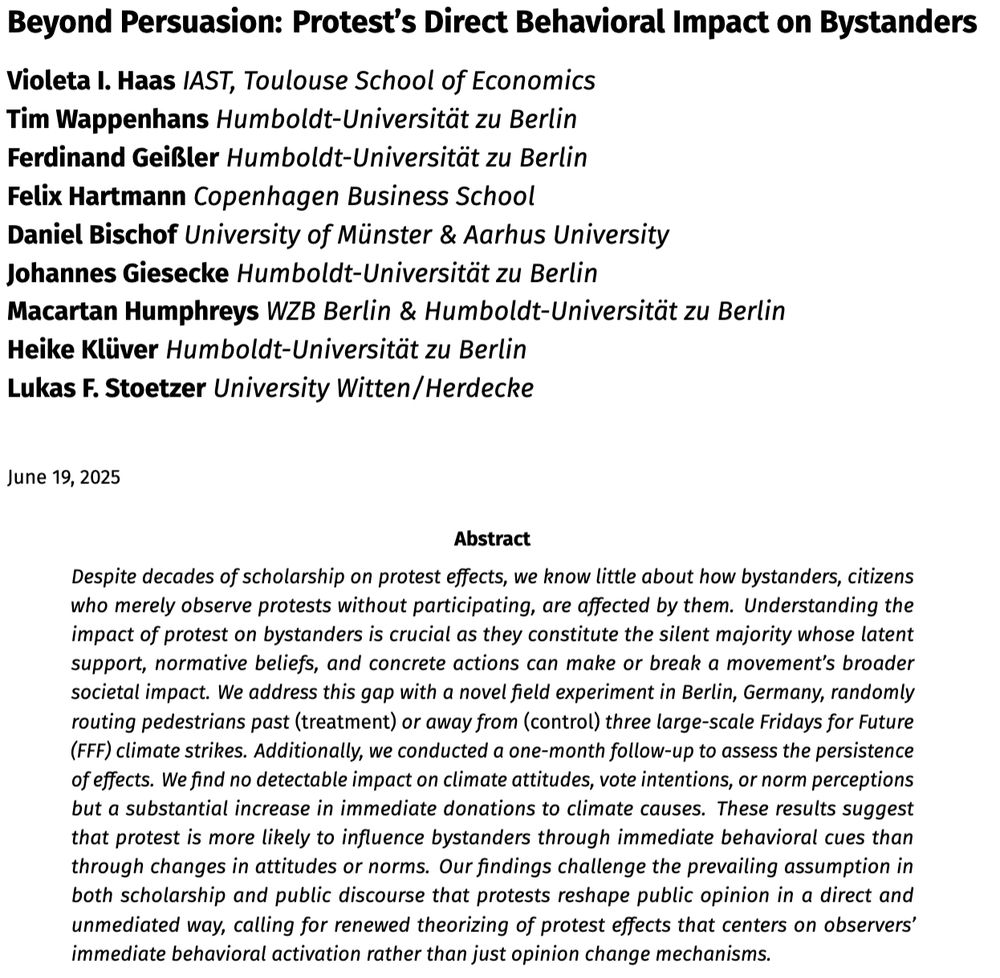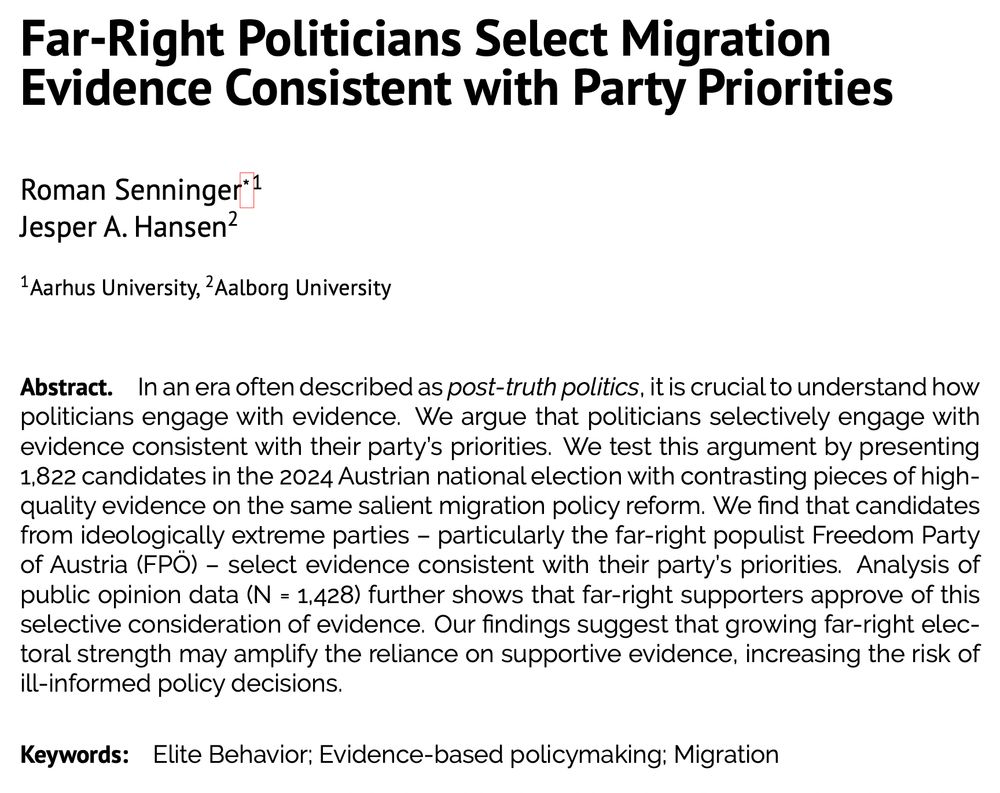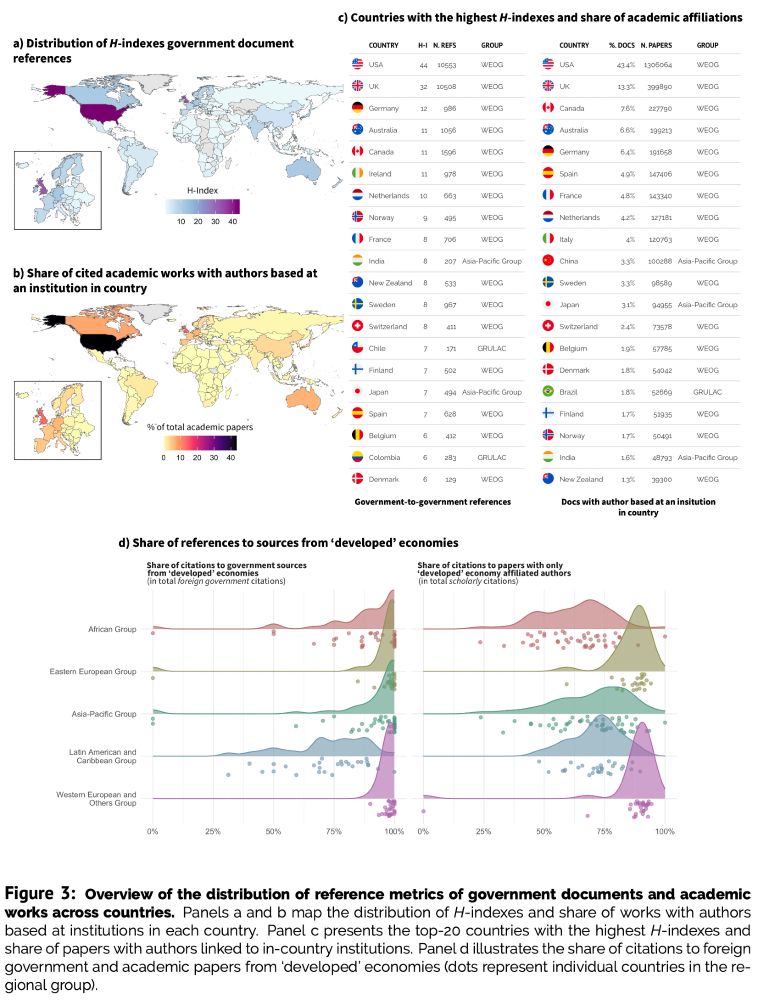Sebastian Ramirez-Ruiz
@seramirezruiz.bsky.social
170 followers
160 following
120 posts
Max Weber Postdoctoral Fellow at @eui-eu.bsky.social
Interested in causal inference, evidence in policy- and decision-making, #rstats, and most importantly, bicycles | Ph.D. at Hertie School | 🇨🇴
🌐 https://seramirezruiz.github.io/
Posts
Media
Videos
Starter Packs
Pinned
Reposted by Sebastian Ramirez-Ruiz
Reposted by Sebastian Ramirez-Ruiz
Reposted by Sebastian Ramirez-Ruiz
Reposted by Sebastian Ramirez-Ruiz
Reposted by Sebastian Ramirez-Ruiz
Federica Genovese
@fgenovese.bsky.social
· Jun 12
Brian Nosek
@briannosek.bsky.social
· May 29
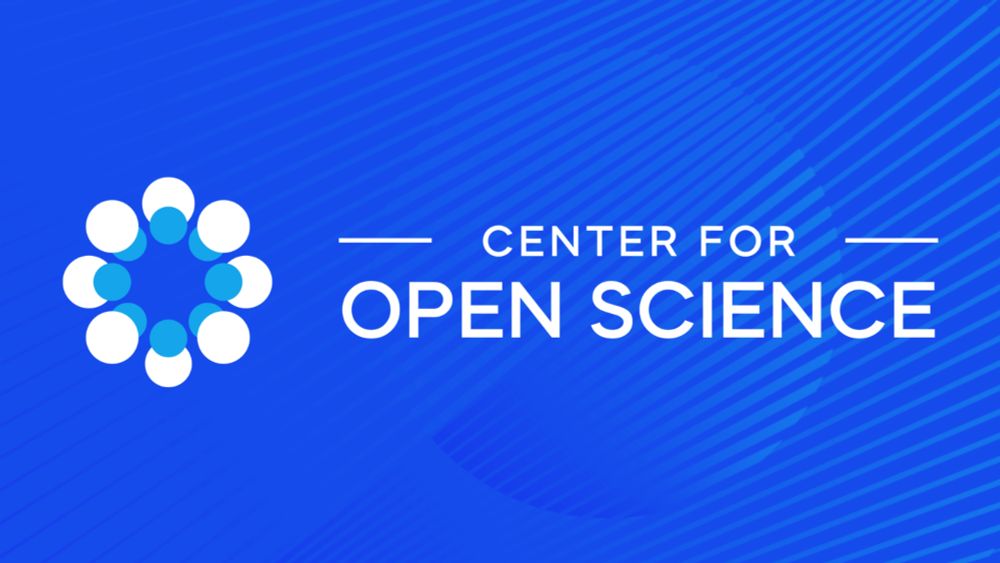
COS Statement on “Restoring Gold Standard Science” Executive Order
The Executive Order issued on May 23, 2025, Restoring Gold Standard Science, references several open science practices championed by COS and the open science and metascience communities more generally...
www.cos.io

